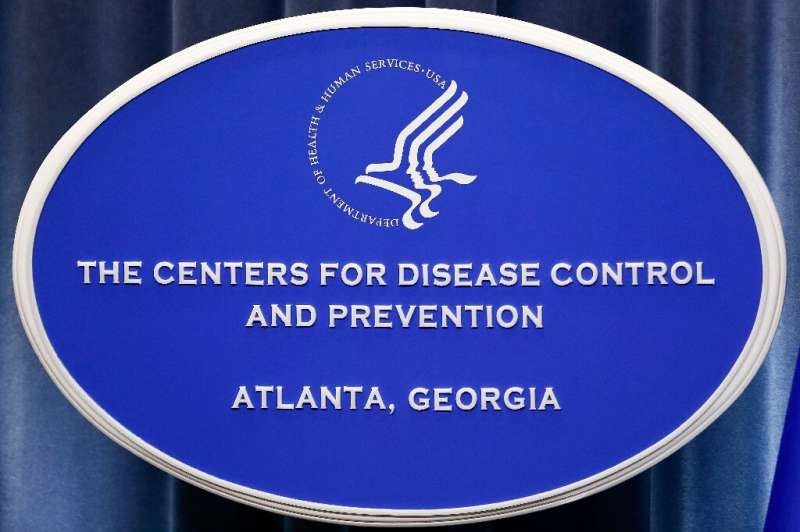#Killer fungus spread rampantly at US hospital COVID ward: study

“#Killer fungus spread rampantly at US hospital COVID ward: study”

Dozens of people being treated for COVID-19 at a Florida hospital last summer became additionally infected with a mysterious, often deadly fungus called Candida auris, a US government study said Friday.
The multidrug-resistant yeast was first identified in Japan in 2009 and has been a top priority for the Centers for Disease Control and Prevention in recent years because of its increasing global spread.
C. auris is associated with up to 40 percent in-hospital mortality and is usually caught inside healthcare settings, especially when people have feeding or breathing tubes, or catheters placed in large veins.
It causes bloodstream, wound and ear infections and has also been found in urine and respiratory samples, but it’s not clear if the fungus actually infects the lung or bladder.
The recent outbreak began in July when a hospital—which the report did not name—notified the Florida Department of Health of an initial four cases of the fungus among patients being treated for the coronavirus.
The next month, the hospital carried out additional screening in its COVID-19 unit, which spanned four floors across five wings, and identified 35 more patients as being C. auris-positive.
Follow-up data was available for only 20 out of the 35 patients.
Eight of these 20 people died, but it was not clear whether the fungus was the main factor or not.
‘Importance’ of following recommended practices
The Florida Department of Health and CDC performed a joint investigation focused on infection prevention and control measures, finding numerous weaknesses.
“Mobile computers and medical equipment were not always disinfected between uses, medical supplies (e.g., oxygen tubing and gauze) were stored in open bins,” the CDC report said.
It added that hospital staff, possibly out of fear of the coronavirus, were wearing multiple layers of personal protective equipment (PPE), which is not recommended and in fact heightens the risk of microbe transmission.
There were also instances of extended PPE use and re-use.
After the hospital removed supplies from hallways, enhanced cleaning and disinfection practices, and improved practices around PPE use, no further C. auris was detected on subsequent surveys.
“Outbreaks such as that described in this report highlight the importance of adhering to recommended infection control and PPE practices and continuing surveillance for novel pathogens like C. auris,” the report concluded.
C. auris has now been documented in more than 30 countries, with some 1,500 US cases reported to the CDC as of October 31, 2020.
The CDC says the fungus can spread in healthcare settings “through contact with contaminated environmental surfaces or equipment, or from person to person.”
Follow the latest news on the coronavirus (COVID-19) outbreak
© 2021 AFP
Citation:
Killer fungus spread rampantly at US hospital COVID ward: study (2021, January 9)
retrieved 9 January 2021
from https://medicalxpress.com/news/2021-01-killer-fungus-rampantly-hospital-covid.html
This document is subject to copyright. Apart from any fair dealing for the purpose of private study or research, no
part may be reproduced without the written permission. The content is provided for information purposes only.
If you liked the article, do not forget to share it with your friends. Follow us on Google News too, click on the star and choose us from your favorites.
For forums sites go to Forum.BuradaBiliyorum.Com
If you want to read more Like this articles, you can visit our Science category.



